What started as a desperate search for answers to a debilitating medical condition quickly spiraled into a legal and emotional nightmare for Maya Kowalski and her family.
The release of the 2023 Netflix documentary Take Care of Maya has shown how fragile the trust between families and the medical system is. Along the way, the Kowalskis endured unimaginable pain and loss, and the heartbreaking saga has caught the attention of millions.
The start of Maya’s struggles
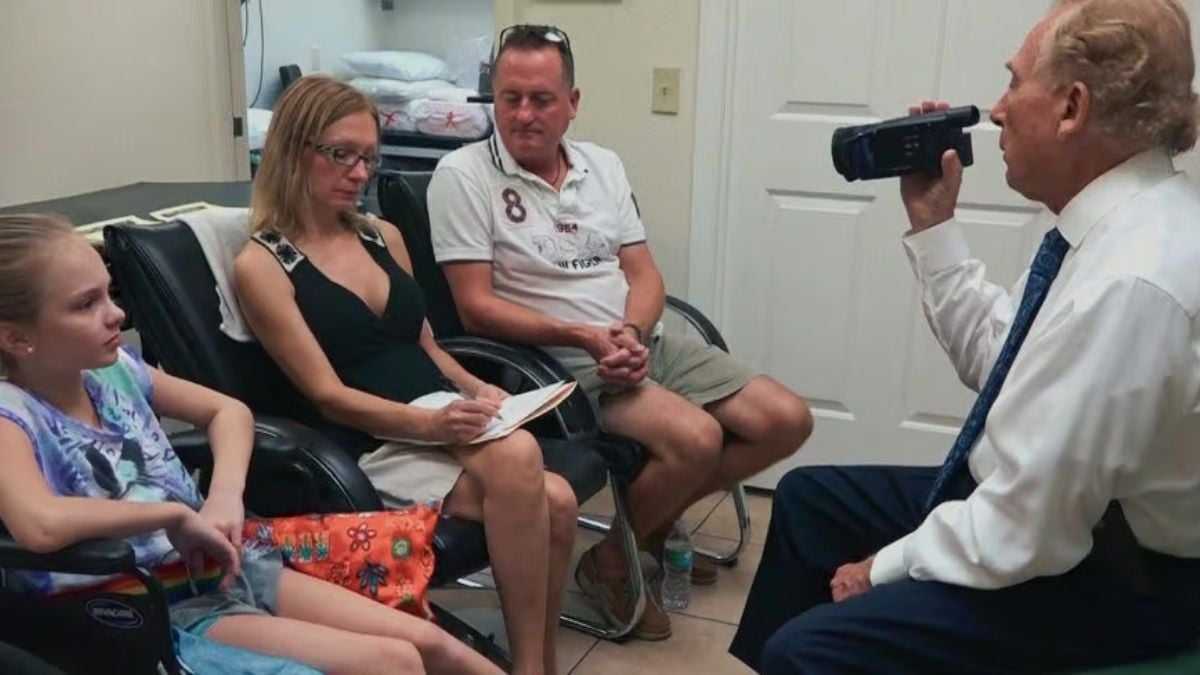
Maya Kowalski was an average 10-year-old girl in 2016, when she started having mysterious and debilitating symptoms. She was experiencing extreme pain, mostly in her limbs, and her breathing became irregular. Doctors couldn’t exactly tell what was wrong at first, but eventually, Maya was diagnosed with complex regional pain syndrome. It’s a rare condition known for causing chronic pain that’s often disproportionate to an injury.
Her mother, Beata Kowalski, became her fiercest advocate, determined to get her daughter the best care possible. After a string of tireless efforts by Beata, Maya started receiving ketamine treatments that seemed to offer some relief. However, not everyone was on board with the treatment plan. Things took a devastating turn in 2016 when Maya was admitted to Johns Hopkins All Children’s Hospital in St. Petersburg, Florida.
As Maya remained in the hospital, doctors started to question Beata’s persistence with the ketamine treatments, and grew suspicious of her role in Maya’s medical treatment. They soon reported her to the Department of Children and Families, claiming that Beata was suffering from Munchausen syndrome by proxy, a psychological disorder in which a caretaker fabricates or induces illness in someone else to garner attention or sympathy. These suspicions snowballed to the point where Maya was placed into state custody and kept away from her family for more than three months. Her family wasn’t allowed to take her home, and Beata’s access to her daughter was severely restricted.
The tragic loss of Beata Kowalski
The allegations of medical abuse and being torn from her daughter were too much to bear for Beata Kowalski. In protest, she had said all she was doing was fighting for her child’s health, but nobody listened. In January 2017, just 87 days after Maya had been taken away from her, Beata tragically died by suicide. Beata left behind a note declaring her extreme despair over the loss of her daughter, and her inability to prove her innocence. Her death shocked the family, and became a rallying point for those who believed Beata was being unjustly accused. Eventually after Beata’s death, Maya was returned to her father and brother.
The Kowalskis filed a lawsuit against Johns Hopkins All Children’s Hospital, alleging that the hospital’s actions led to Beata’s death and inflicted emotional trauma on Maya and her family. The case received attention far and wide, but more so when the Netflix documentary Take Care of Maya was released. The film told the story of the Kowalski family and touched off a conversation about medical child abuse accusations and how families stack up against providers of healthcare. Eventually, the hospital was ordered to pay the Kowalski family $261 million in damages.
Today, Maya Kowalski is a teenager living with CRPS. Although her condition remains difficult, she is surrounded by her father, Jack, and her brother, Kyle, who remain committed to her well-being. While the family has suffered an immense amount of pain, their story and fight serve as a powerful call for compassion and understanding in the healthcare system.

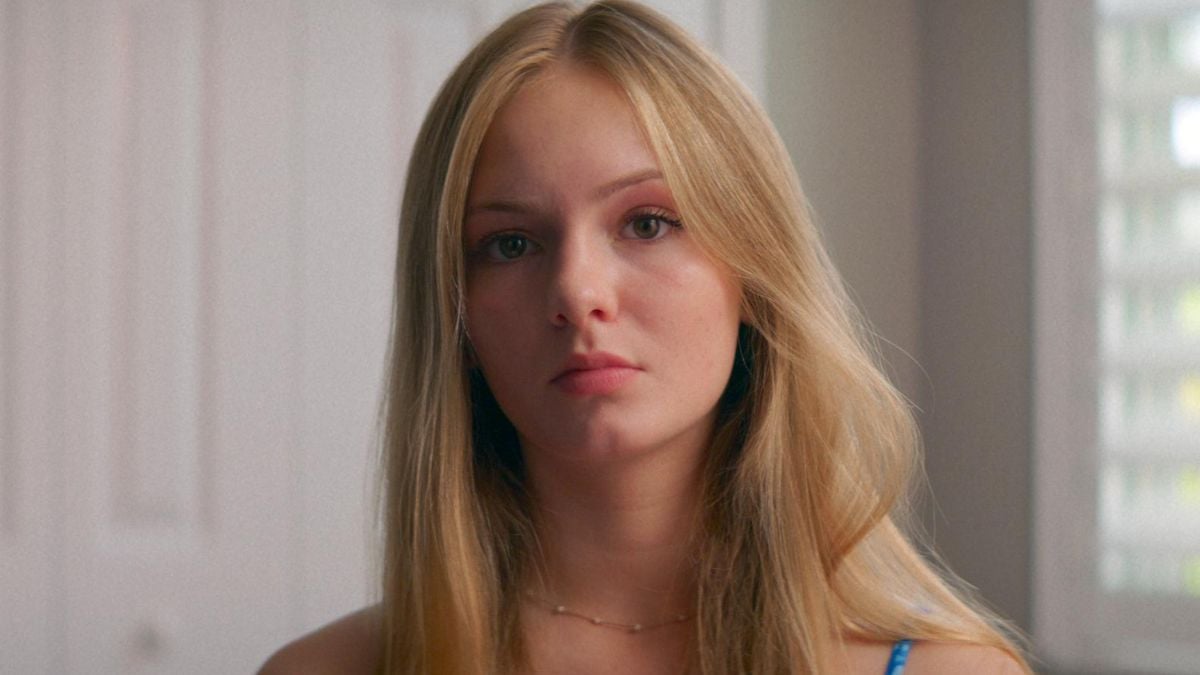
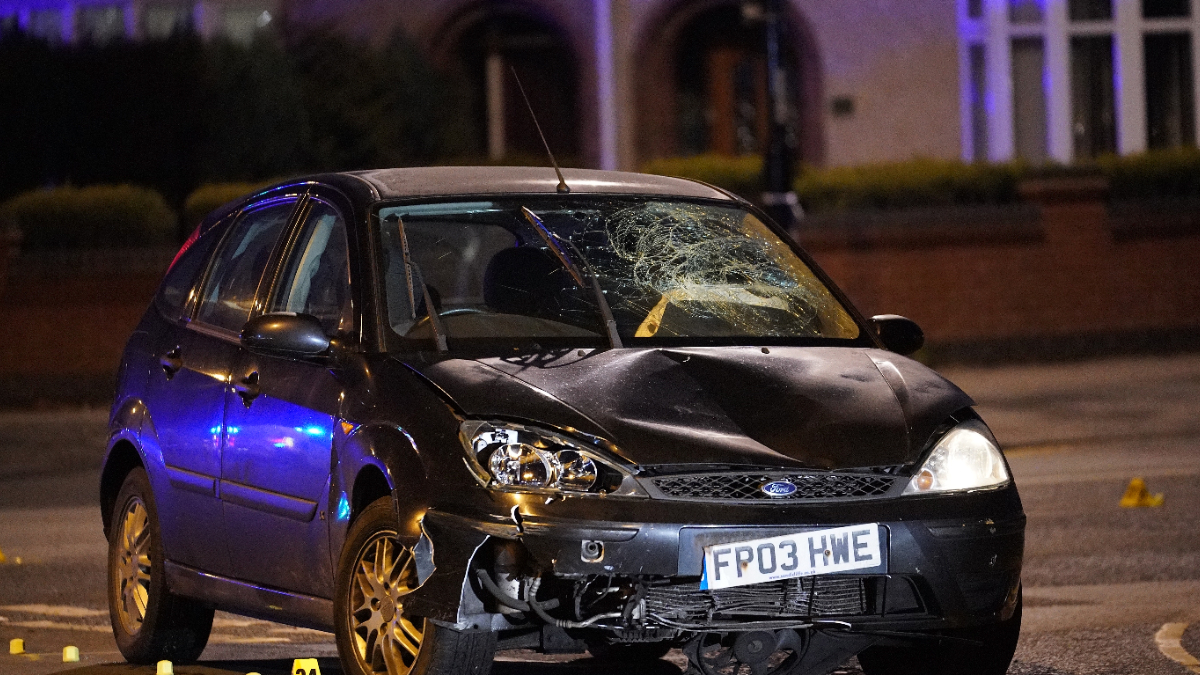
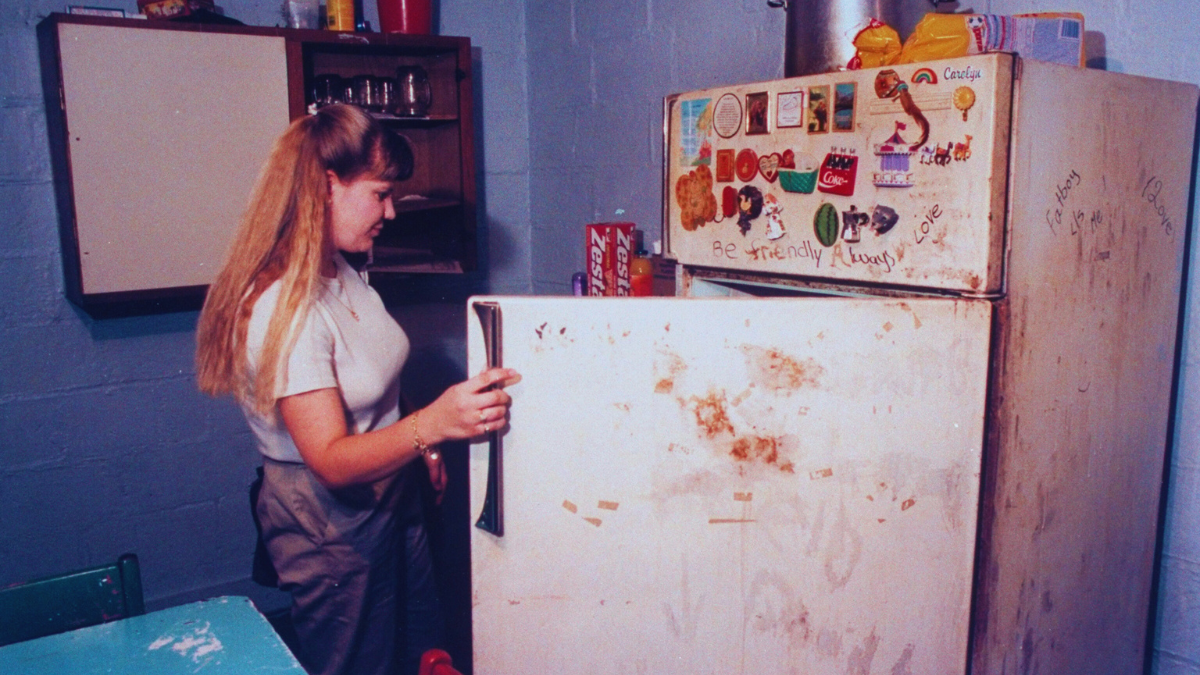
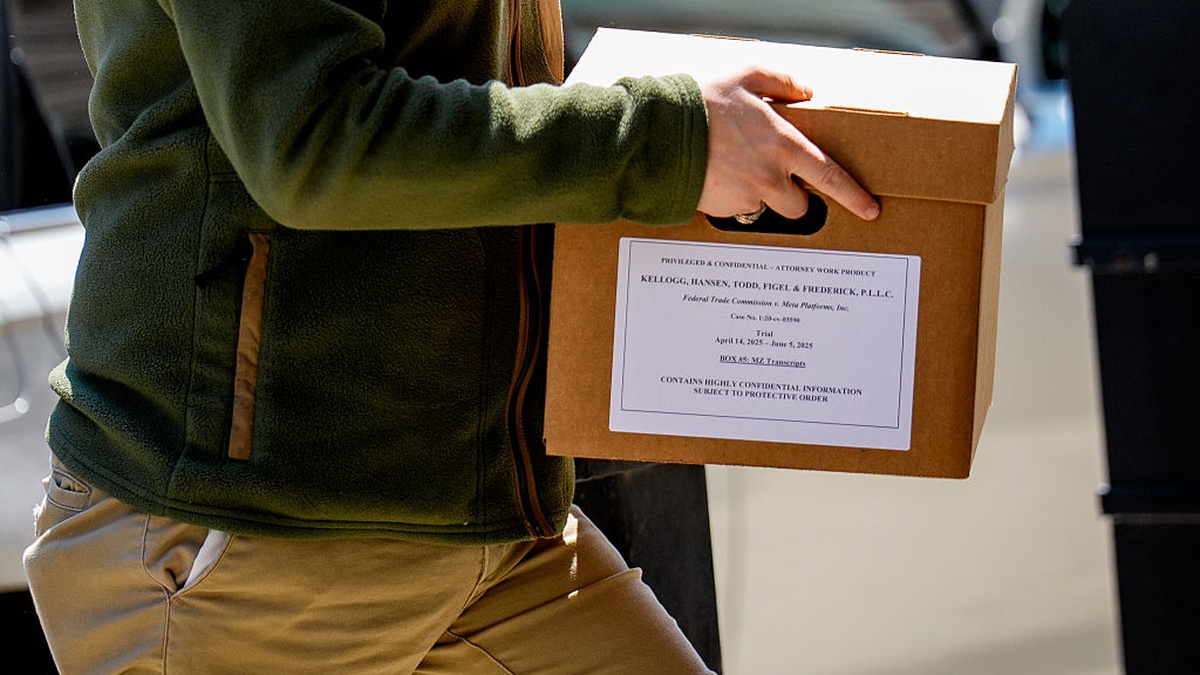
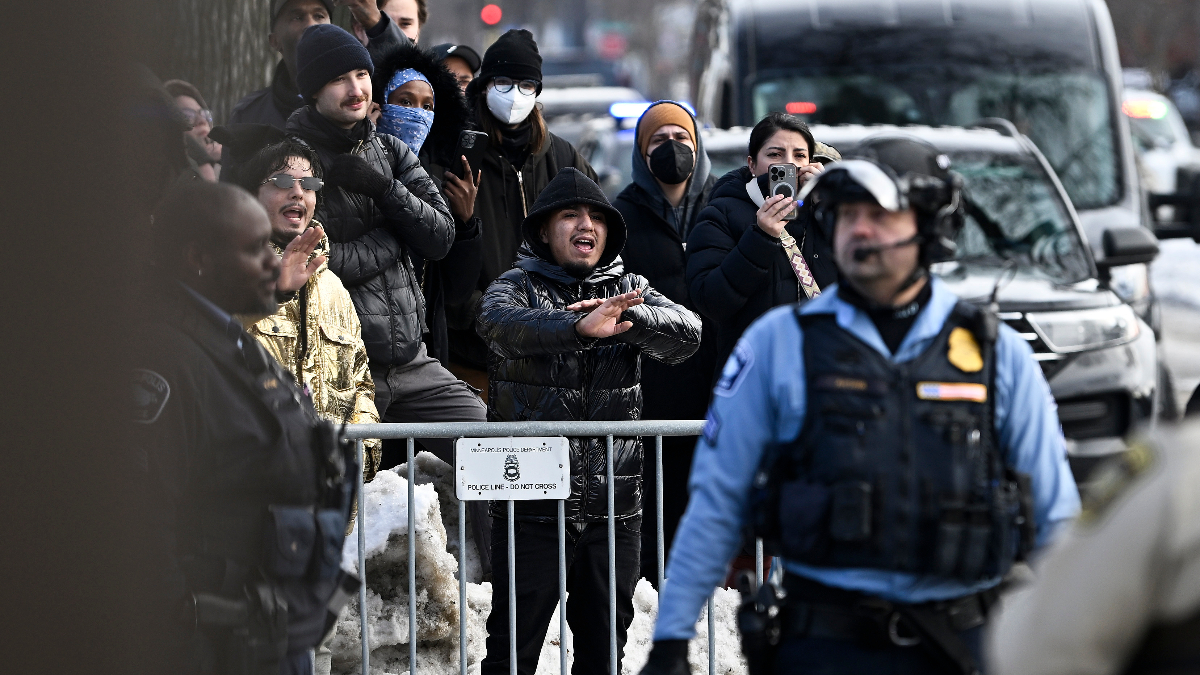


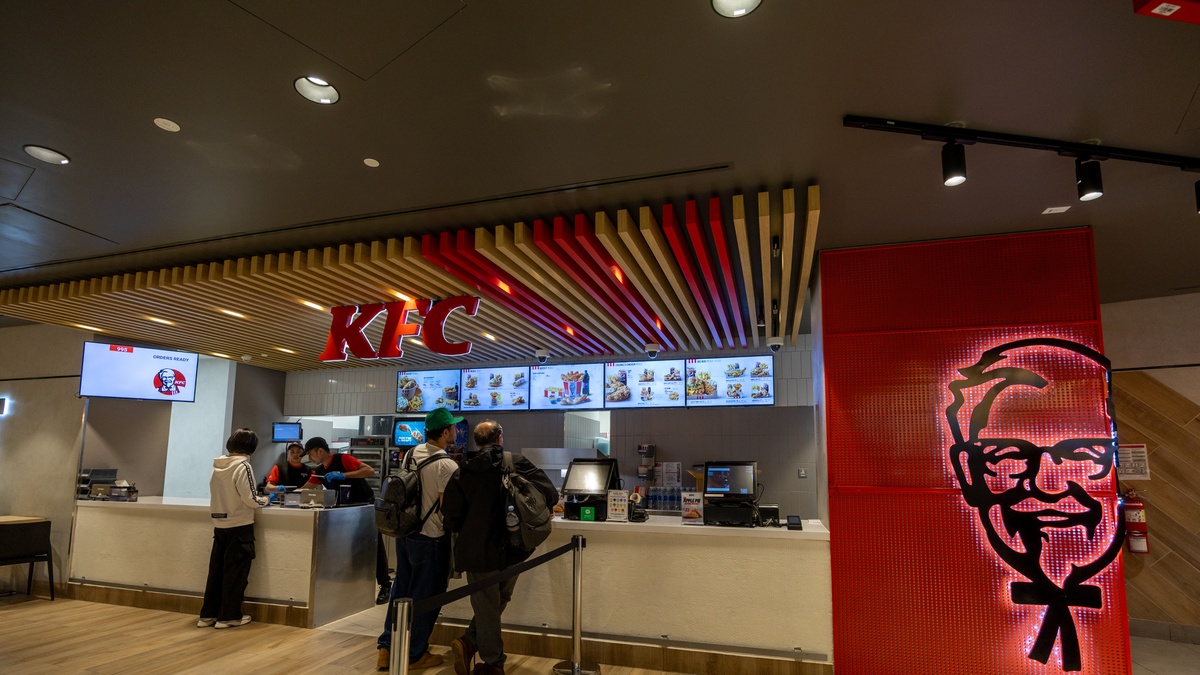

Published: Dec 21, 2024 01:16 pm